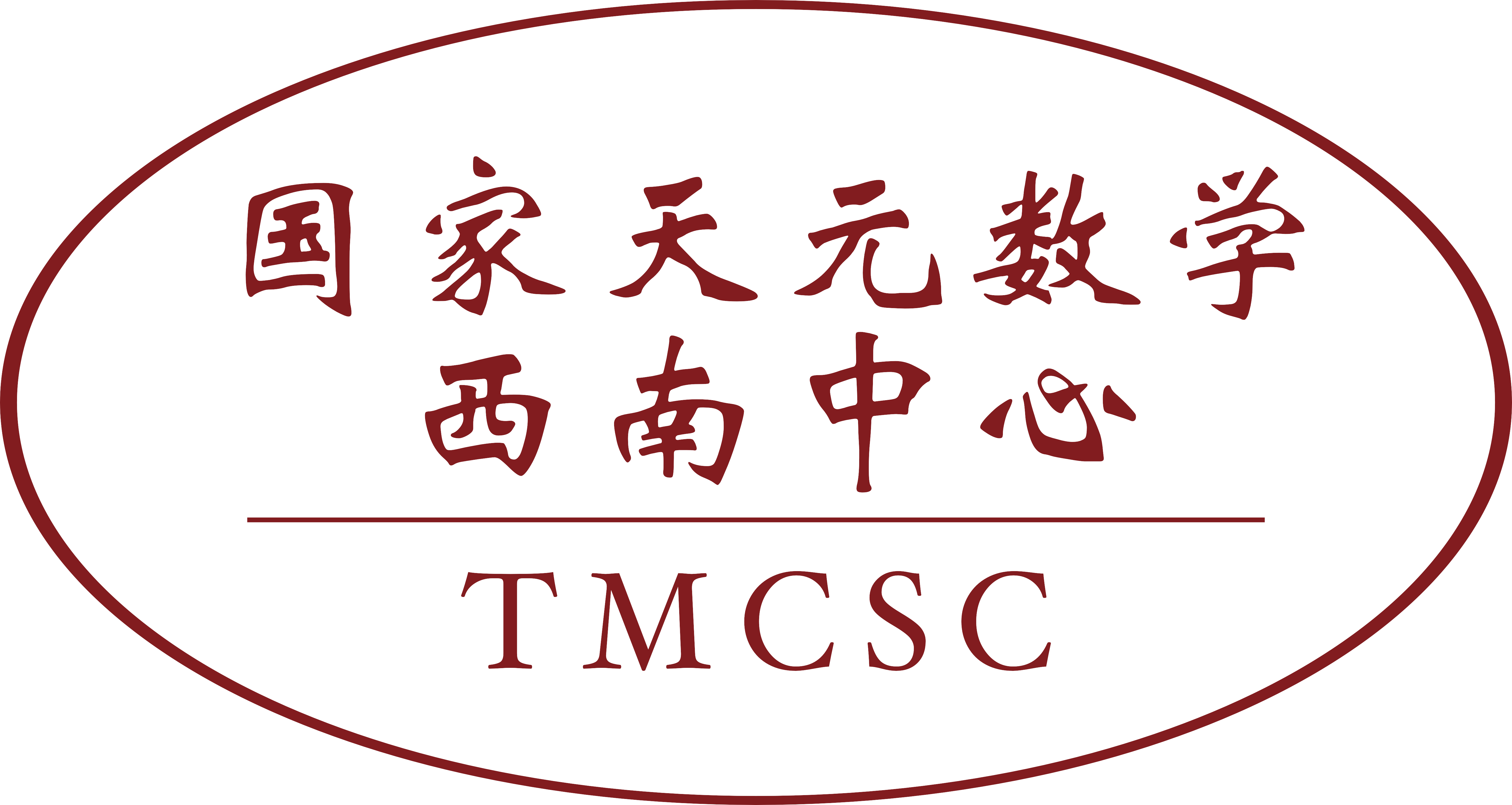First-hitting-time Threshold Regression for Time-to-event Data
报告题目:First-hitting-time Threshold Regression for Time-to-event Data
报告专家:Professor Mei-Ling Ting Lee(University of Maryland, College Park)
报告时间:2023年7月5日9:00-9:50
报告地点:学院西303会议室
报告摘要:
Degradation of an engineering system or disease progression in a patient can be described mathematically as a stochastic process. The system or the patient experiences a failure event when the wear and tear on the system or the patient’s disease progression first reaches a critical threshold level. This happening defines a failure event and a first hitting time (FHT). First hitting time threshold regression (TR) models are based on an underlying stochastic process. They do not require the proportional hazards assumption and represent a realistic alternative to the Cox model for capturing granular structure in a high-dimensional model.
In addition to Wiener diffusion based parametric models, FHT TR models have recently been extended to semiparametric applications. Machine learning methods such as boosting and neural networks have been applied to FHT TR models for prediction and inference. They have also been extended to modeling cure rates and clinical trials.
专家简介:
Professor Lee is a tenured Professor in the Department of Epidemiology & Biostatistics at the School of Public Health, University of Maryland. She have many years of experience on statistical applications in aging studies including longitudinal correlated data. She have developed a statistical model called threshold regression (TR) for analyzing time-to-event survival data with many published applications including predictions of osteoporotic fractures and severely compromised physical function for older adults. She have co-authored nonparametric extensions of rank tests for clustered data. She have also published in high-dimensional genomic data. In 2004, She published a single-authored monograph titled “Analysis of Microarray Gene Expression Data”, which has been widely used as a reference/textbook. The book includes several chapters on machine learning bioinformatics methods. She coedited a book in 2013, titled “Risk Assessment and Evaluation of Predictions”.
Professor Lee is the Founding Editor and Editor-in-Chief of the international journal, Lifetime Data Analysis, the only journal with an emphasis on methods for analyzing event-time data, including patient survival data obtained from aging studies and cancer clinical trials. The journal is publishing the 29th volume this year. I have served as PI or co-investigator on several NIH-funded grants. Her expertise in survival analysis, bioinformatic machine learning methods, and nonparametric rank tests for clustered data can significantly contribute to many research programs.
邀请人:周杰
